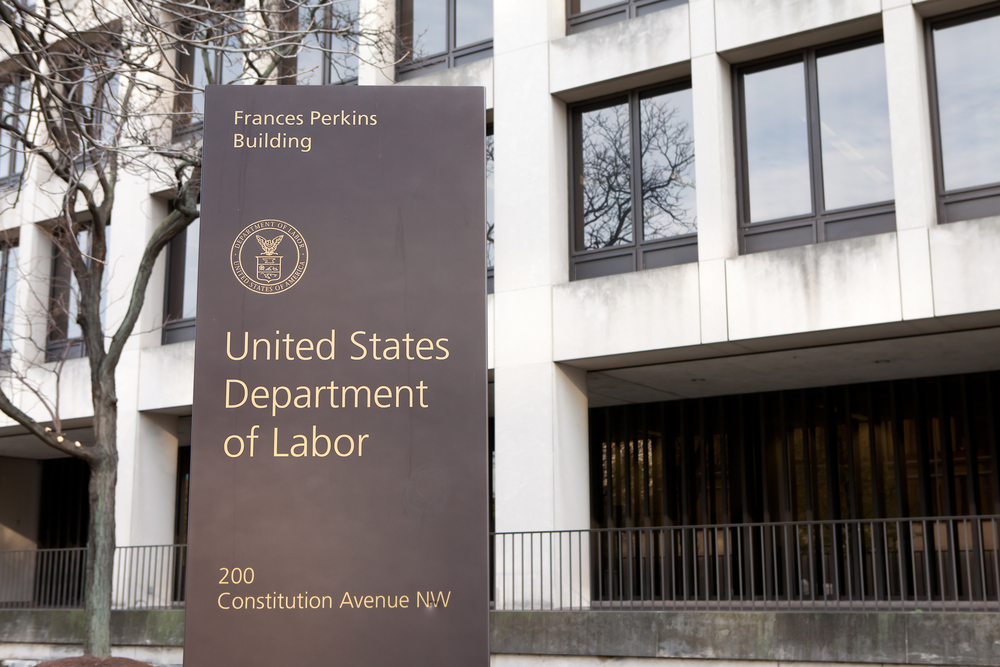On September 24, 2019, the U.S. Department of Labor (DOL) announced its final rule updating the earnings thresholds necessary to exempt executive, administrative, and professional employees from the Fair Labor Standards Act’s (FLSA) minimum wage and overtime pay requirements. According to the DOL’s press release, “[t]he increases to the salary thresholds are long overdue in light of wage and salary growth since 2004,” and the DOL estimates that 1.3 million additional workers will be entitled to minimum wage and overtime pay as a result of the new regulations. READ MORE
It’s About Time!: DOL’s Overtime Regulations Become Final











